Identify Which Diagram Represents Cells That Produce And Circulate Cerebrospinal Fluid
Identify which diagram represents cells that produce and circulate cerebrospinal fluid. Identify which letter represents an oligodendrocyte.
 The Blood Brain And The Blood Cerebrospinal Fluid Barriers A
The Blood Brain And The Blood Cerebrospinal Fluid Barriers A
There is also much active transport of substances into and out of the csf as it is made.

Identify which diagram represents cells that produce and circulate cerebrospinal fluid. A network of capillaries called the choroid plexus projects into each ventricle. Identify which diagram represents a cell that produces a myelin sheath in the central nervous system. It will eventually circulate throughout the subarachnoid spaces in the brain and spinal cord and then be absorbed into the bloodstream.
Circulation of the cerebrospinal fluid. The csf circulates from the. It circulates from the lateral ventricles to the foramen of monro interventricular foramen third ventricle aqueduct of sylvius cerebral aqueduct.
This is the site of communication between neurons. Fluid filters through these cells from blood to become cerebrospinal fluid. Cerebrospinal fluid circulation begins with the pulsing of the choroid plexus.
The anatomy of the cerebrospinal fluid csf system includes the cerebral ventricles as well as the spinal and brain subarachnoid spaces cisterns and sulci. The choroid plexus consists of many capillaries separated from the ventricles by choroid epithelial cells. Identify which letter represents an oligodendrocyte.
The ependymal cells maintain a bloodcsf barrier controlling the composition of the csf. Tiny cilia located on ependymal cells that also produce small amounts of csf help propel the fluid along. The of a presynaptic neuron associates with the dendrite of a postsynaptic neuron.
The structure located in the ventricles that produces cerebrospinal fluid is called the choroid plexus. True or false a neuron is a collection of nerve fibers in the pns. The cerebrospinal fluid is a clear protective fluid made by the cells of the choroid plexus and it is commonly abbreviated csf.
The traditional understanding of csf physiology assumes that 80 of csf is secreted by the choroid plexus into the ventricular cavities. Between 50 to 70 of csf is produced in the brain by modified ependymal cells in the choroid plexus and the remainder is formed around blood vessels and along ventricular walls. This protective device has many elements ranging from junctions between endothelial cells in the capillaries of.
This is clinically important because some drugs cannot penetrate the barrier. Interposed between the blood and the csf by the endothelial cells of the capillaries and the choroid plexus. Identify which diagram represents cells that produce and circulate cerebrospinal fluid.
The ventricles and cerebrospinal fluid. Additional openings in the fourth ventricle allow csf to flow into the subarachnoid space.
 Human Physiology The Nervous System Wikibooks Open Books For An
Human Physiology The Nervous System Wikibooks Open Books For An
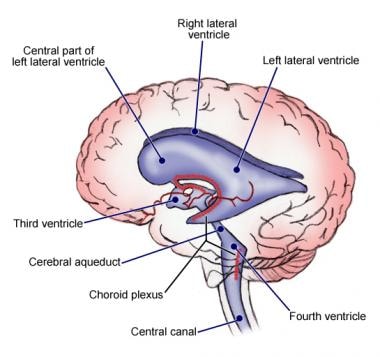 Ventricles Of The Brain Overview Gross Anatomy Microscopic Anatomy
Ventricles Of The Brain Overview Gross Anatomy Microscopic Anatomy
11 Cerebrospinal Fluid Blood Brain Barrier And Blood Csf Barrier
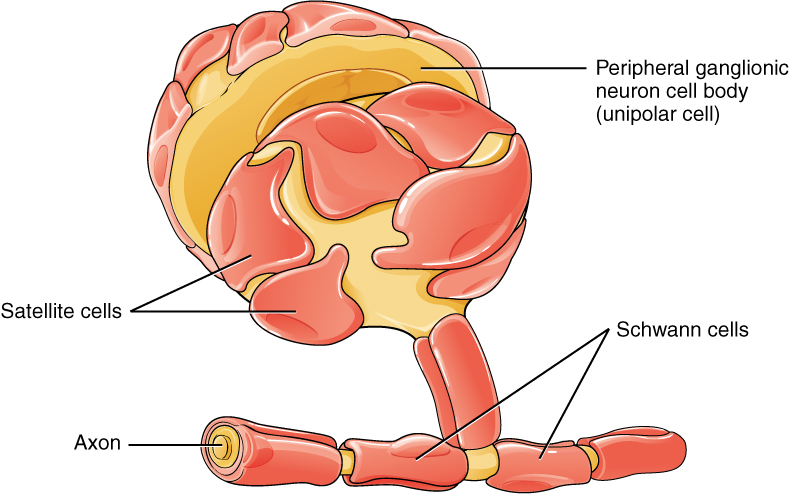 12 2 Nervous Tissue Anatomy And Physiology
12 2 Nervous Tissue Anatomy And Physiology
 Intraventricular Tumors Columbia Neurosurgery
Intraventricular Tumors Columbia Neurosurgery
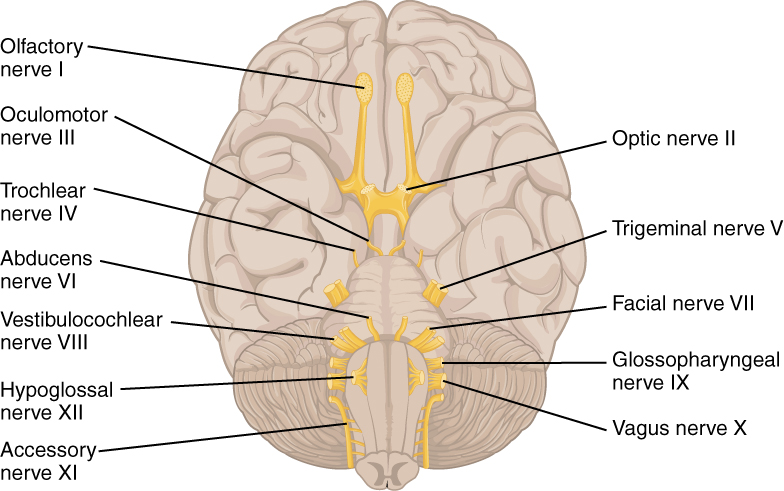 13 4 The Peripheral Nervous System Anatomy And Physiology
13 4 The Peripheral Nervous System Anatomy And Physiology
Specific Recruitment Of Regulatory T Cells Into The Csf In
 Foxp3 Isoforms And Pd 1 Expression By T Regulatory Cells In Multiple
Foxp3 Isoforms And Pd 1 Expression By T Regulatory Cells In Multiple
14 2 Blood Flow The Meninges And Cerebrospinal Fluid Production And
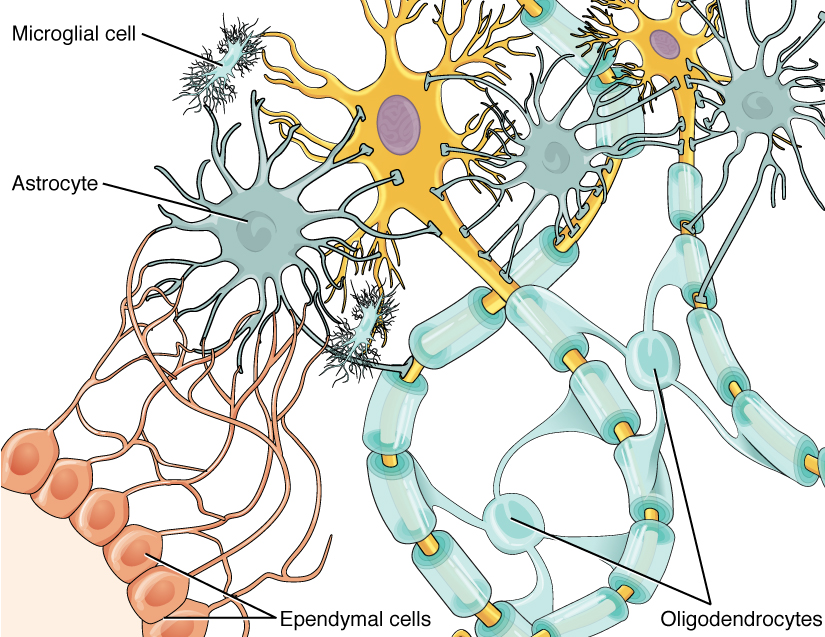 12 2 Nervous Tissue Anatomy And Physiology
12 2 Nervous Tissue Anatomy And Physiology
 Anatomy Of The Central Nervous System Cns Spinal Cord Myvmc
Anatomy Of The Central Nervous System Cns Spinal Cord Myvmc
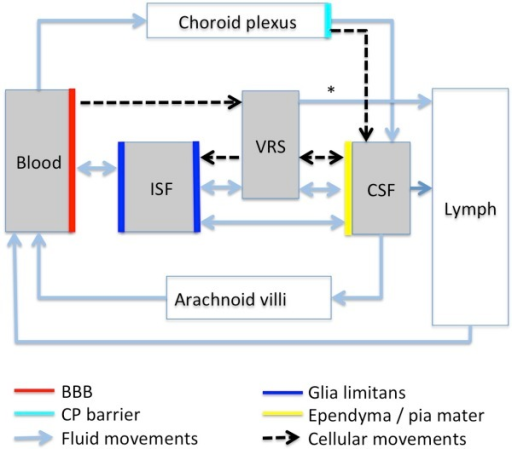 Diagram Of The Csf Circulation This Diagra Open I
Diagram Of The Csf Circulation This Diagra Open I
 B Cells Accumulate In The Cerebrospinal Fluid In Inflammatory
B Cells Accumulate In The Cerebrospinal Fluid In Inflammatory
 Identification Of Circulating Ifna Producing Cells In Sti Ng
Identification Of Circulating Ifna Producing Cells In Sti Ng
 Chiari I Malformation Syringomyelia Mayfield Brain Spine
Chiari I Malformation Syringomyelia Mayfield Brain Spine
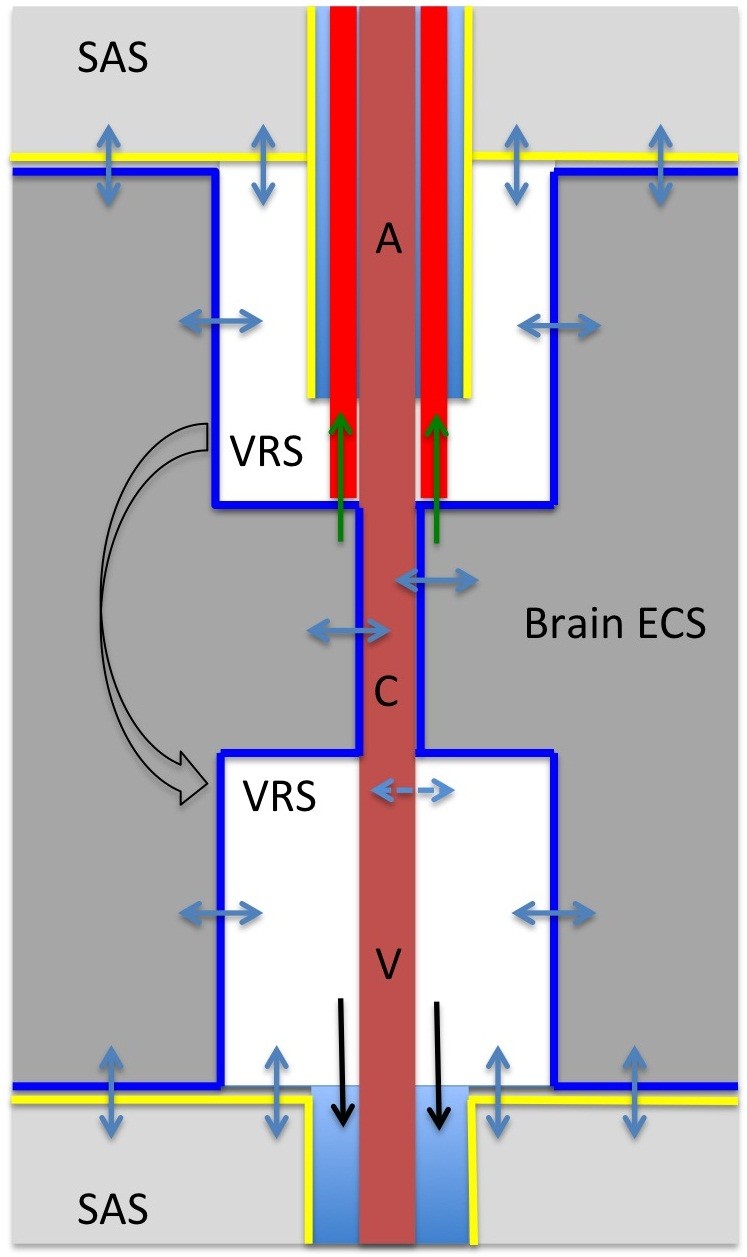 A New Look At Cerebrospinal Fluid Circulation Springerlink
A New Look At Cerebrospinal Fluid Circulation Springerlink
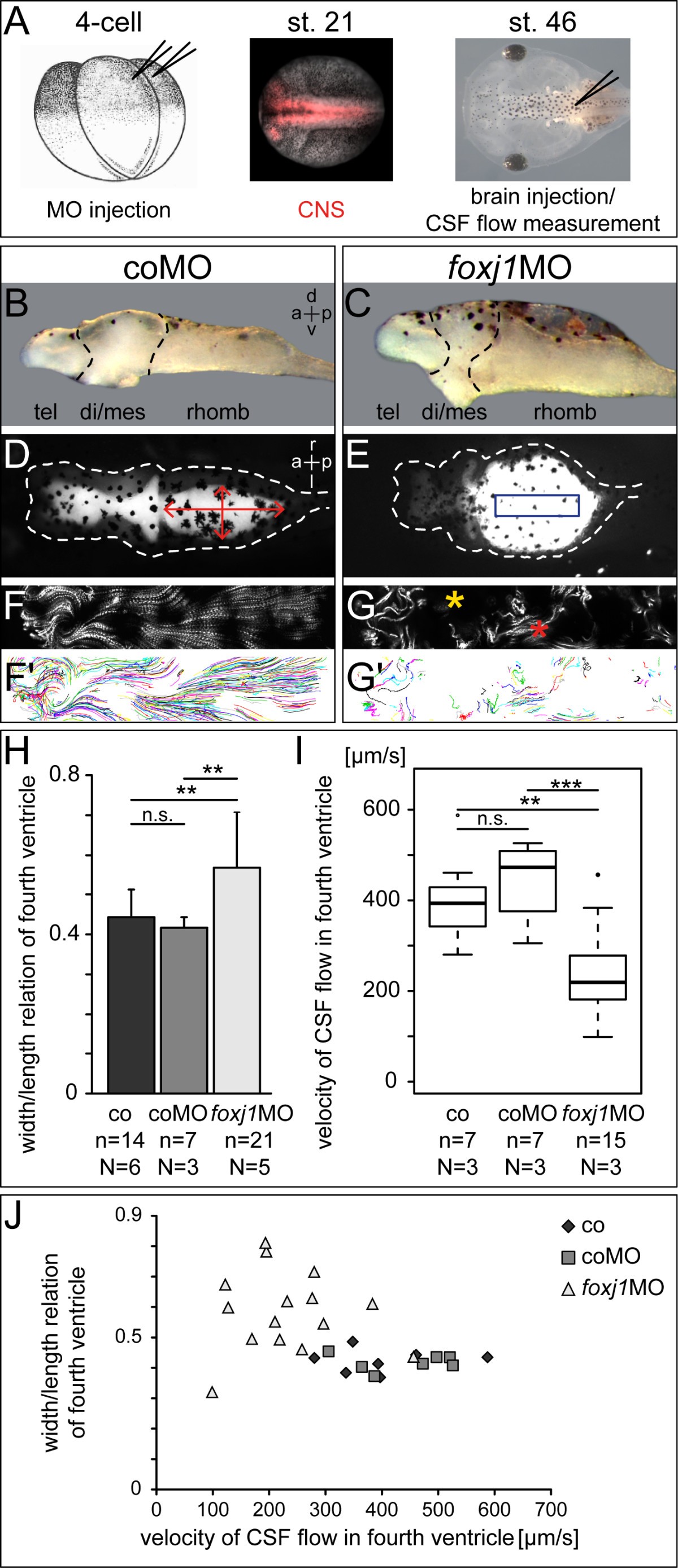 Ciliogenesis And Cerebrospinal Fluid Flow In The Developing Xenopus
Ciliogenesis And Cerebrospinal Fluid Flow In The Developing Xenopus
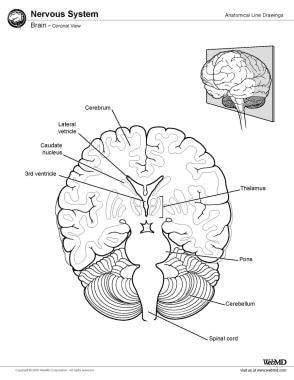 Ventricles Of The Brain Overview Gross Anatomy Microscopic Anatomy
Ventricles Of The Brain Overview Gross Anatomy Microscopic Anatomy

0 Response to "Identify Which Diagram Represents Cells That Produce And Circulate Cerebrospinal Fluid"
Post a Comment